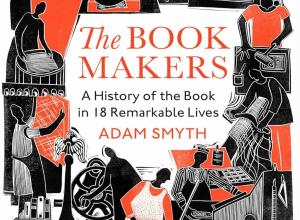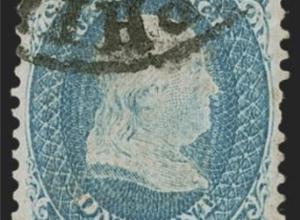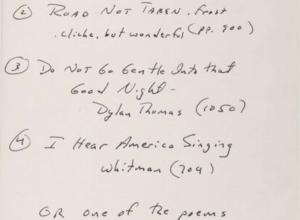Book Review: Mr. Chartwell
Once in a while a serious literary novel comes along that appeals to the very bookish among us, even if it doesn't focus on academic manuscript sleuths (for example, Possession) or book dealers (The Cookbook Collector), or medieval scribes (The Name of the Rose). The recently published debut novel, Mr. Chartwell, by Rebecca Hunt is one such book.
The premise of the book is, at first, hard to swallow. It's England, 1964, and Esther Hammerhans, a young library clerk at the House of Commons, has advertised for a boarder. What shows up on her doorstep is a big black dog who calls himself Mr. Chartwell. He walks, he talks, he drinks gin; little by little, Esther lets him in.
Winston Churchill enthusiasts will understand the 'black dog' reference, as the great man once characterized his depression as such. Indeed the 89-year-old Churchill plays a prominent role in the novel, and it is in portraying the struggle and desperation of these two characters--Winston and Esther--that Hunt is at her best. She certainly takes risks with this novel, which she pulls off for the most part. Her agility with language is impressive, and Mr. Chartwell can be a very satisfying read for those willing to play along.
Published first in the UK, Mr. Chartwell was praised as "daring," "quirky," "original, tender, and funny," by the national papers. Here, reviews seemed mixed. Publishers Weekly found it "very original" and "clever," while Tadzio Koelb for the New York Times Book Review thought it "strained."
Judge for yourself. To read an excerpt published by the New York Times earlier this month, go here.
The premise of the book is, at first, hard to swallow. It's England, 1964, and Esther Hammerhans, a young library clerk at the House of Commons, has advertised for a boarder. What shows up on her doorstep is a big black dog who calls himself Mr. Chartwell. He walks, he talks, he drinks gin; little by little, Esther lets him in.
Winston Churchill enthusiasts will understand the 'black dog' reference, as the great man once characterized his depression as such. Indeed the 89-year-old Churchill plays a prominent role in the novel, and it is in portraying the struggle and desperation of these two characters--Winston and Esther--that Hunt is at her best. She certainly takes risks with this novel, which she pulls off for the most part. Her agility with language is impressive, and Mr. Chartwell can be a very satisfying read for those willing to play along.
Published first in the UK, Mr. Chartwell was praised as "daring," "quirky," "original, tender, and funny," by the national papers. Here, reviews seemed mixed. Publishers Weekly found it "very original" and "clever," while Tadzio Koelb for the New York Times Book Review thought it "strained."
Judge for yourself. To read an excerpt published by the New York Times earlier this month, go here.















